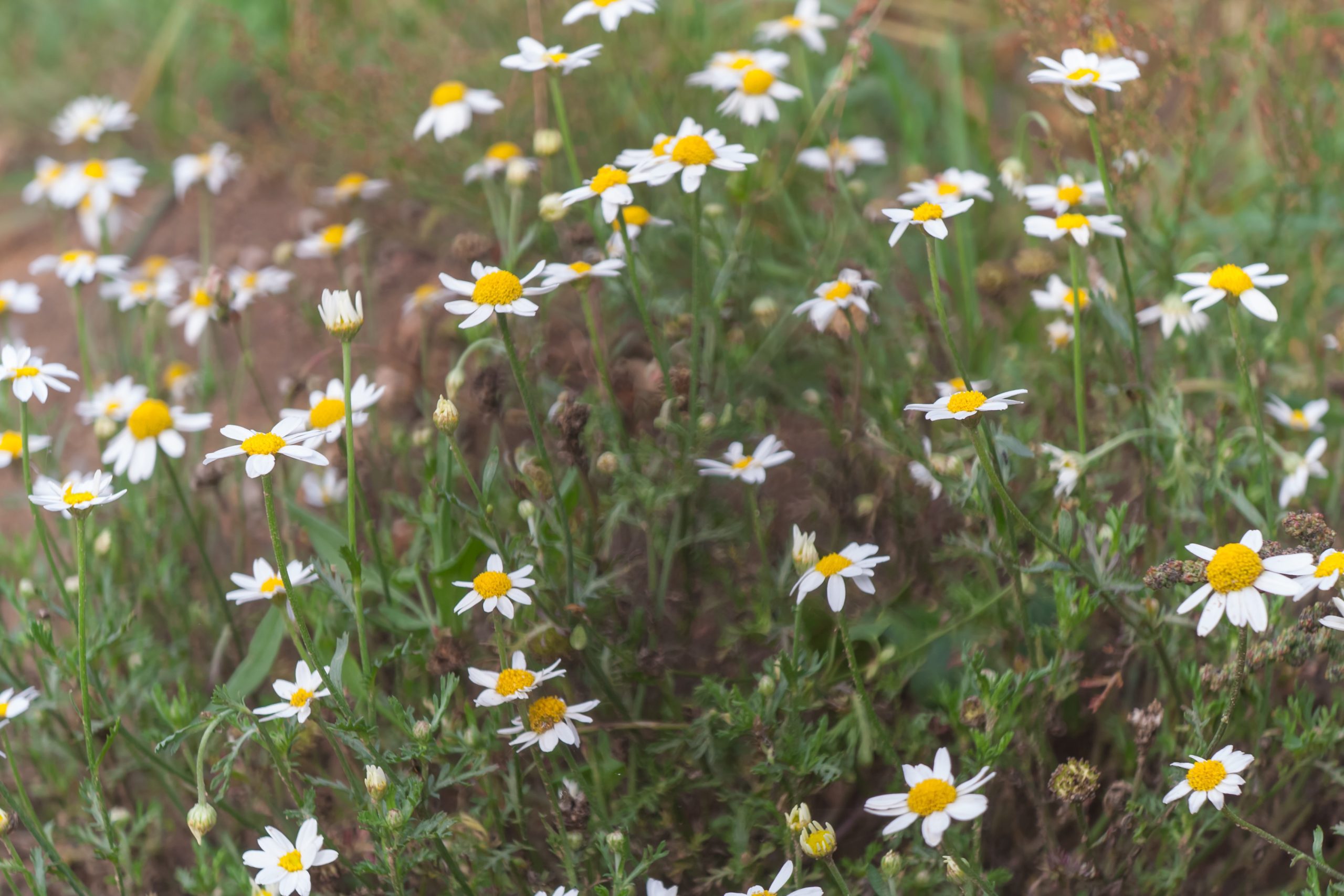Introduction to Essential Oils for Skin Care
Essential oils are natural aromatic compounds that have been used for centuries in traditional medicine, cosmetics, perfumes, and other applications. They are extracted from plants through distillation or cold pressing methods and contain concentrated amounts of active ingredients such as terpenes, alcohols, aldehydes, ketones, esters, and phenolic compounds. These components provide numerous benefits for skin care, including antibacterial, anti-inflammatory, antioxidant, and moisturizing properties.
The Benefits of Using Natural Skin Care Products
Many people today prefer using natural skin care products over synthetic ones due to their safety, effectiveness, and environmental friendliness. Natural products like essential oils do not contain harsh chemicals, parabens, sulfates, or artificial fragrances that can irritate sensitive skin, cause allergies, or harm the environment. Instead, they use plant-based ingredients that work with your body’s chemistry to promote healthier, more beautiful skin.
How Essential Oils Can Improve Your Skin’s Health and Beauty
Essential oils offer many benefits for your skin’s health and beauty. For example, lavender oil has antiseptic and analgesic properties that help soothe acne, burns, and other skin conditions. Tea tree oil is known for its potent antimicrobial activity against bacteria, fungi, and viruses that cause skin infections. Rose oil contains high levels of vitamin C and flavonoids that protect against UV radiation, reduce inflammation, and improve collagen production. Other popular essential oils for skin care include chamomile, geranium, lemon, orange, peppermint, and rosemary.

Tips for Choosing the Best Essential Oils for Your Skin Type
Choosing the best essential oils for your skin type depends on several factors, including your age, gender, ethnicity, climate, lifestyle, and medical history. For instance, if you have dry or mature skin, you may benefit from richer oils like rosehip seed, argan, or jojoba. If you have oily or acne-prone skin, you should look for lightweight oils like tea tree, bergamot, or lemongrass. It’s also important to consider the purity and quality of the essential oils you use since some brands may add fillers, preservatives, or adulterants that could trigger sensitivities or allergies.
DIY Recipes for Homemade Essential Oil Skin Care Products
Making your own homemade essential oil skin care products is easy and cost-effective. Here are some simple recipes you can try:
1. Facial Serum – Mix 2 drops each of frankincense and sandalwood oils with 1 teaspoon of carrier oil (such as coconut or almond) and apply to clean face before bedtime.
2. Body Lotion – Combine 4 tablespoons of shea butter, 2 tablespoons of coconut oil, and 5 drops of lavender oil in a double boiler until melted. Whisk well and pour into a container to cool. Apply liberally after showering.
3. Foot Scrub – In a bowl, mix together 1/2 cup of sugar, 1/4 cup of coconut oil, and 6 drops of peppermint oil. Use this scrub to exfoliate rough patches on feet and legs.
Conclusion: Unlocking the Power of Essential Oils for Your Skin
In conclusion, essential oils are powerful tools for improving your skin’s health and beauty naturally. By choosing the right oils for your skin type and incorporating them into your daily routine, you can enjoy smoother, firmer, younger-looking skin without resorting to harsh chemicals or expensive treatments. So go ahead and unleash the power of essential oils for your skin!







